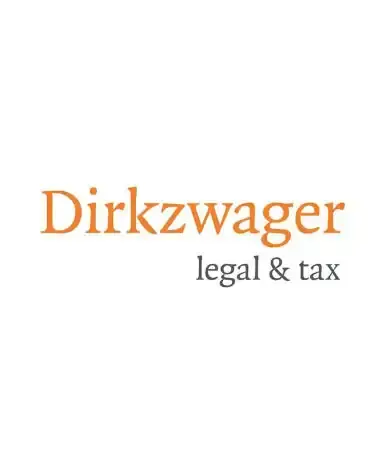On 25 January 2022, the Court of Justice of the European Union (‘Court’) rendered a judgment on the collection of waste solar panels. The judgment provides clarity on the collection duty of electronic waste and is particularly relevant for operators of solar parks in Europe that use panels from the period 2005-2012. In this blog article, we discuss the judgment and its consequences. We reveal the practical consequences in advance:
- both producers and users of panels put on the market before 13 August 2012 and after 13 August 2005 may be required to (pay to) collect, depending on the applicable regime in the EU Member State;
- after 13 August 2012, that duty rests without exception on the producer thereof;
- in the Netherlands, the duty to collect has been incumbent on the producer since 13 August 2005.
Background: the WEEE-Directive
Since 13 August 2012, the Waste Electrical and Electronic Equipment Directive (‘WEEE-Directive’) has been in force. The WEEE-Directive requires producers to collect at least 65% of electrical and electronic equipment they have produced and/or put on the market. As of 15 August 2018, the WEEE-Directive defines six categories of e-waste covered by the directive:
- Temperature exchange equipment
- Screens and monitors
- Lamps
- Large equipment (with dimensions >50cm)
- Small equipment
- Small IT and telecommunications equipment
Solar panels fall under category 4, as confirmed by the Court of Justice. In an earlier Q&A , the European Commission also indicated that solar panels have been within the scope of the WEEE-Directive since it came into force on 13 August 2012.
The WEEE-Directive also contains rules concerning products put on the market before the entry into force of the directive. Pursuant to Article 13, Member States must impose the collection and processing duty on producers with regard to discarded electrical equipment put on the market and sold to commercial customers from 13 August 2005 onwards. Previous European rules allowed Member States to choose between burdening the producer or the user with the collection duty of electronic waste.
The judgment of the Court
In the Czech Republic, until the WEEE-Directive, commercial users of solar panels were required to pay for the collection and processing. A user of solar panels put on the market after 2005 but before 2012, challenged before the Czech court the duty to pay for their collection and processing. The Czech provision was contrary to Article 13 of the WEEE-Directive, which retroactively places the collection duty on the producer. Faced with the question of whether this retroactive duty violates the European principle of legal certainty, the Czech Supreme Court referred questions to the Court of Justice for a preliminary ruling.
The Court first reiterates the rule of law on retroactivity of European laws. The principle of legal certainty prevents rules from applying to situations that existed before they entered into force. At the same time, those rules may directly address the future consequences of those ‘old situations’. The retroactive duty contained in Article 13 of the WEEE-Directive shifts the burden of collection from user to producer, while the producer can no longer avoid those costs. Therefore, according to the Court, the duty does not only concern future consequences, but also the legal relationships in ‘old situations’. The Court therefore ruled that Article 13 of the WEEE-Directive is invalid.
Collection of products put on the market between 2005-2012
The WEEE-Directive no longer applies to electrical and electronic equipment put on the market between 13 August 2005 and 13 August 2012. Instead, the old regime of Directive 2002/96 applies, which allows Member States to choose between burdening the producer or the user with the collection duty. Who is thus required to (pay to) collect these products will therefore differ from one Member State to another.
The judgment illustrates the importance for internationally operating undertakings to closely inspect the different forms of implementation in the various member states. In the Czech Republic, for instance, based on the previous set of rules the collection duty for e-waste rested on commercial users, rather than producers. With the nullity of Article 13 WEEE-directive, the collection duty thus returns to these commercial users. A different situation exists in the Netherlands. When implementing Directive 2002/96 in the Ministerial Regulation for the Management of Electrical and Electronic Equipment, the Dutch legislator chose to place the collection duty on the producer. The judgment of the Court thus bears no consequences for e-waste that is caught only by the Dutch implementation rules.


